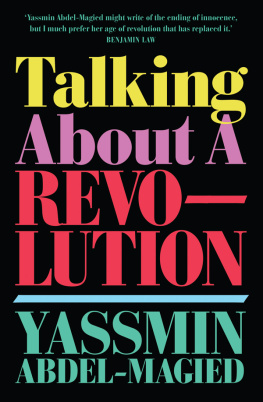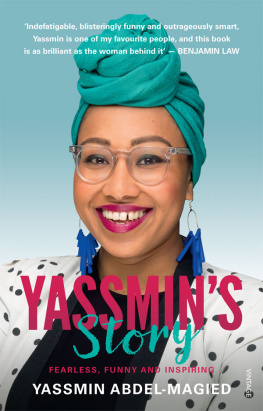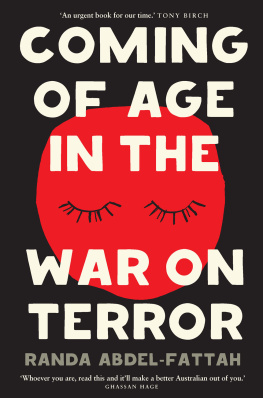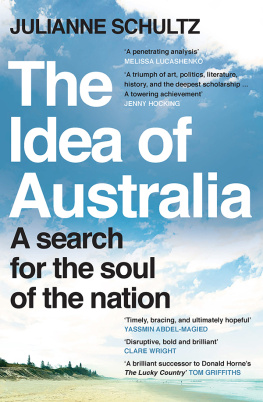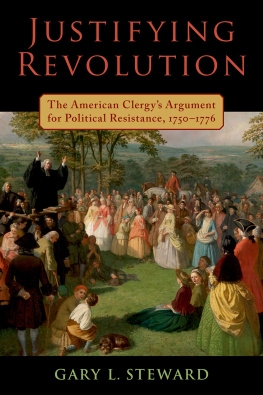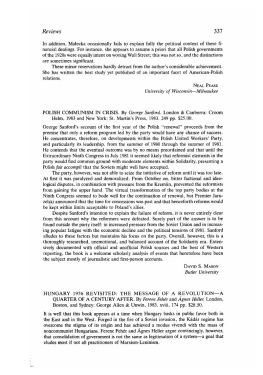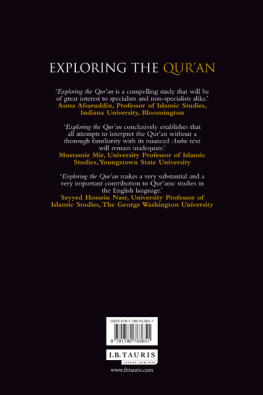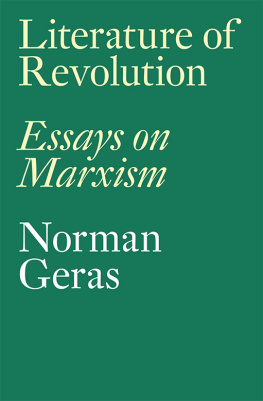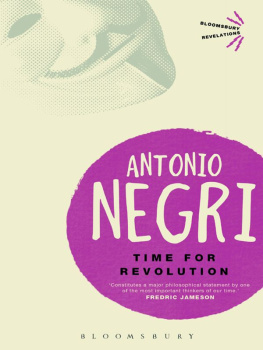About the Book
With her trademark optimism, sass, boldness and search for answers, across a collection of new and revisited essays, Yassmin Abdel-Magied explores resistance, transformation, and revolution.
Yassmin Abdel-Magied brings her characteristic warmth, clarity and inquisitive nature to the concepts of the private and public self and systems and society that form the two halves of this collection.
In The Private and Public Self, Yassmin explores resistance and revolution from the perspective of the individual. She provides a hearty defence of hobbies, explores what it means to be Black across contexts, and shares the personal challenges around her activism and leaving Australia. Between meditations on friendship and laments on petrol cars, Yassmin interrogates what it means to organise for social justice as a Muslim, and when you arent sure where you belong.
In Systems and Society, through discussion on the meaning of citizenship, cryptocurrency and unconscious bias, Yassmin charts how her thinking on activism, transformative change and justice has evolved. She brings an abolitionist lens to social justice work and, recalling her days as a young revolutionary, encourages younger generations of activists to decide if it is empowerment they are working towards, or power.
In all these essays, written with the passion, lived experience and intelligence of someone who wants to improve our world, the concept of revolution, however big or small, is ever-present.
... to the revolutionaries, living hidden lives, or resting in unvisited tombs ...
Introduction
For my thirtieth birthday, my father dusted off and digitised our old family VCR tapes. My favourite of the surviving clips is one from 1991, the year of my birth. I had just learnt to walk, the excitement at newfound freedom visible in my gappy grin as I doddered around the beige living room in our flat in Khartoum, Sudan. Despite babas cooing calls, my attention throughout is focused on one thing only: the tape deck sitting at eye level, playing the first song of the self-titled album that has scored my life: Talkin Bout A Revolution, by Tracy Chapman.
It has never felt more prescient to talk about revolution. Whether ideological or emancipatory, industrial, technological or simply within us, revolution, resistance, transformation and change are the currents charging every aspect of twenty-first century life. This moment, then, is a period of transition, a liminal space offering incredible opportunity, but there are no guarantees for how things will turn out. So the moment is now, there is no time to waste. We must act.
But wait!
Action alone is not enough. We must also think , deeply. Consider, carefully, with intention and nuance, the world we live in. Diagnose the challenges, ensuring our assumptions are accurate and our energies are strategically targeted. Commit to creating, in language and in deed, a collectively liberated future. We must act, yes, but with intention; with grace, care and justice.
This collection is one of my many attempts to contribute to such a project. For if we cannot even properly talk about revolution , how are we meant to achieve it?
First, we create the world we want with language, then the language builds the world.
I have wanted to pull together a book of essays the moment I knew such a thing was possible: I find the form compelling, suited to thoughtfully drawing together a diverse array of topics connected by a broad, rich theme. Individually, single essays offer deep dives into, or meditations on, a particular issue. A collection allows the pieces to be in dialogue with one another, to arrive at a sum greater than its parts. So, as the third decade of the twenty-first century began while mine was just ending, it seemed the perfect time to reflect on my writing and thinking thus far; select, revise, and republish some of the work that I am most proud of from the last nine years, while also taking the time to craft a number of new pieces, capturing the questions, reflections and conclusions I have arrived at, at the end of my tumultuous twenties. Together, the collection strips back the layers of story, myth and obfuscation obscuring so much contemporary discourse today, revealing the underlying dynamics and asking the questions: What is really going on here? Are we satisfied? Is this the best we can do? How do we build a better world?
I approach these questions with a philosophy deeply influenced by Islamic liberationary theology, Black feminist civil rights activists and the legacy of anti-imperialism, critiques of our current neoliberal world order naturally folded into the approach. I offer alternative ways of thinking about the world from the perspective of a diaspora African Muslim woman deeply committed to the concept of justice for all, regardless of who it means I must stand against. I make space to eulogise and lament for bygone eras, but do not let my nostalgia hold me back from facing forward, into our future, and marching determinedly into it.
While eight new pieces are the throbbing heart of this collection, together, the old and new all speak to some idea of change, transformation, resistance, revolution. Split equally between the two sections, The Public and Private Self, as well as Systems and Society, the most recent pieces were written while on my writers residency at the Cit Internationale des Arts in Paris. They encapsulate my current thinking on several disparate, yet connected, contemporary issues: Islam and social justice, power, language, relationships and change. Sitting alongside some of my earliest pieces exploring life on the rigs, the 2019 Sudanese uprisings, an engineers explanation of the South Australian blackouts and a vignette of my first trip to the famed (or infamous) Summernats car festival, I hope not only to reflect on collective revolutions, but my own personal one. From a twenty-year-old rig worker with engineering training that led me to believe I had all lifes answers, to a peripatetic life in the heart of the old Empire, I talk of revolution because that is all I know now, it is all I can think of. It is what we have left.
I hope you will consider my offerings deeply; that you will think them through and discuss them with those around you, that they challenge and affirm you and inspire you to continue believing a better way is possible and help in some way to imagine how you can be a part of it. Inshallah. I trust that you will receive my vulnerability with grace, because there are parts of me I have left on these pages, in the hopes that you, dear reader, will recognise something of yourself in the grief I express. Inshallah. These are lofty aspirations, to be sure but fortunately, hope is free, and a renewable resource! Read the pieces at your leisure, take them slowly or all in one go, find what works for you and run with it. If anything, may this collection convince you that it is no longer the time for just talking about a revolution. Perhaps its time for us to do something about it. Yallah! On y va!

